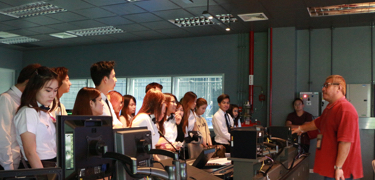Why A Good Death Remains Out of Reach for Most Bangkokians
As Thailand rapidly ages, it has officially become a ‘completely aged society’ since 2023. Projections show that by 2036, Thailand will evolve into a ‘Super-Aged' society, with over 28% of the population aged 60 and above.
Alongside the rising elderly population, deaths related to non-communicable diseases (NCDs) and emerging infectious diseases are increasing.
This growing trend highlights the urgent need for accessible palliative care.
Palliative care is designed to enhance the quality of life for patients and their families by alleviating well-being in physical, psychological, social, and spiritual dimensions.
While end-of-life care has been largely ignored in Thai society, it is now becoming a focal point in public discourse. Despite this, over 80% of Thais express a wish to die peacefully at home. However, the reality in Bangkok is starkly different—only 3% of city residents achieve what’s known as a ‘good death,’ defined as passing away with dignity, comfort, and surrounded by loved ones.
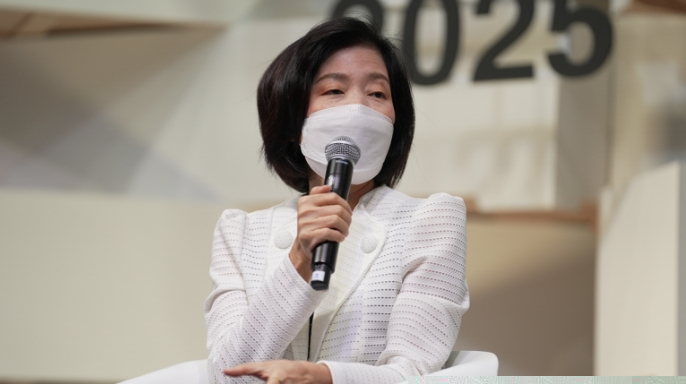
A recent forum highlighted how access to palliative care is often restricted to terminal-stage patients, with many practical challenges standing in the way. For example, transportation benefits, such as free taxi rides to hospitals, are unsuitable for bedridden patients who cannot sit upright. Orana Chaisuksang - a professional palliative caregiver whose story poignantly illustrates the service gap. Her father, suffering from heart failure, kidney disease, dementia, and an enlarged prostate, is considered too "medically stable" to qualify for palliative care. Despite his deteriorating health, the family only receives a modest 600 baht senior stipend per month, while his actual care costs exceed 50,000 baht.
This case is not unique. Many families across Bangkok face similar difficulties, especially as the definition of ‘palliative care’ remains unclear. Some interpret it narrowly as end-of-life care, while others include long-term and elderly care. This lack of consensus on palliative care complicates policy implementation, medical eligibility, and funding allocation, further exacerbating the challenges families face.
Grassroots Efforts: More Than Just Policy
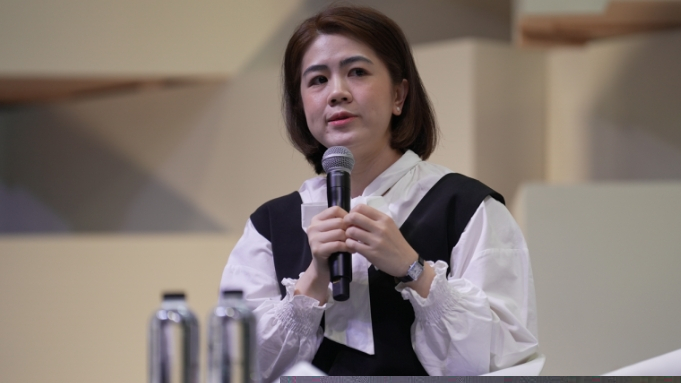
While government action is essential, it is clear that it cannot be the sole solution. Some healthcare professionals have adopted community-based models to bridge this gap. Dr. Jirapha Kotchawat, a palliative care expert from Sirindhorn Hospital, partners with local public health centers to provide hospital-based consultations and care plans, followed by home visits from local teams. This hybrid model helps ensure continuity of care while reducing congestion in hospitals.

Prof. Issarang Nuchprayoon, MD. PhD., a professor from the Pediatrics Department, Chulalongkorn University Faculty of Medicine, has taken a different approach by establishing Yuen-Yen Social Enterprise, a social business designed for patients who cannot access nursing homes or those with limited resources. Over the past 7 years, Yuen-Yen has cared for over 1,700 families, with 75% of patients passing away peacefully at home. These community-driven initiatives highlight the critical need for flexible, locally-focused care models to address the aging population, chronic illness, and death, alongside government support.
Bangkok's Policy Shift Towards Palliative Care
In recognition of these needs, Chadchart Sittipunt, the Governor of Bangkok, has directed district offices to strengthen palliative care infrastructure. Initiatives such as the ‘Bangkok Health Map’ app and a Line Official Account have been introduced to help residents find local palliative care services and access guidance. Although Bangkok now has policies in place, full implementation remains a challenge.

The national government is also reaffirming its commitment to improving palliative care. Dr. Pathomporn Siraprapasiri, the inspector-general at the Public Health Ministry, (the advisor to the Department of Medical Services), Senior Public Health Advisor, confirmed that the government will begin funding care for three key groups starting this year: the general elderly population, elderly individuals with dependency, and patients requiring palliative care. These funds will cover the costs for caregivers and social workers, with money channeled directly to local public health centers.
Building a Future Where Everyone Can Die Well
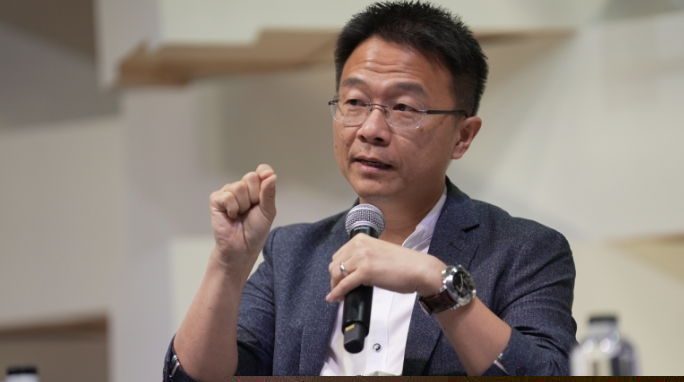
Dr. Phurithat Saengthongpanichkul, Director of Ratchaphiphat Hospitalม added that only 30% of patients prefer to choose palliative care and merely 3% had the opportunity to die peacefully at home. Yet, the overall situation for Bangkok residents living in condos or rental rooms, options for peaceful end-of-life care are gradually improving. Hospitals like Ratchaphiphat and Rajavithi, as well as certified nursing homes, now offer palliative care services, and plans are underway to create specialized "palliative care wards" to meet the growing needs of the elderly population. Despite the challenges, the increasing recognition of these issues and the policy steps being taken signal that a future where a good death is accessible to all may soon be within reach.

Nattaya Waeweerakupt, Director of the Social Agenda and Public Policies Communication Center at Thai PBS, concluded the forum by highlighting the significant impact of the systematic improvements that now support a peaceful death and enhance the quality of end-of-life care, compared to the past, alongside the dedication of many palliative care medical teams.
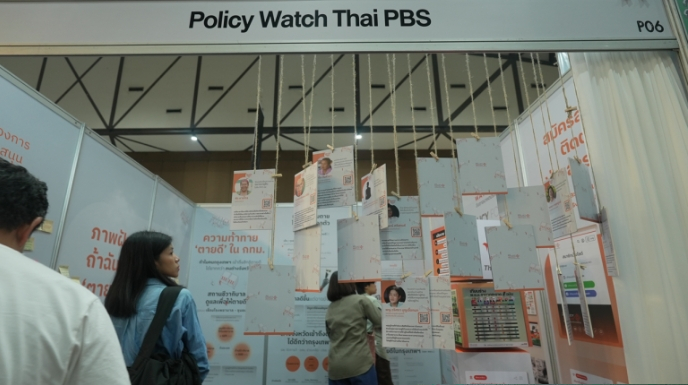
All the information gathered at the forum and the acitivity booths in the event will be processed in 'Policy Watch' data platform, as an instrument for the general public in various sectors to monitor and mobilise public policies together comprehensively and coherently in all dimensions.

